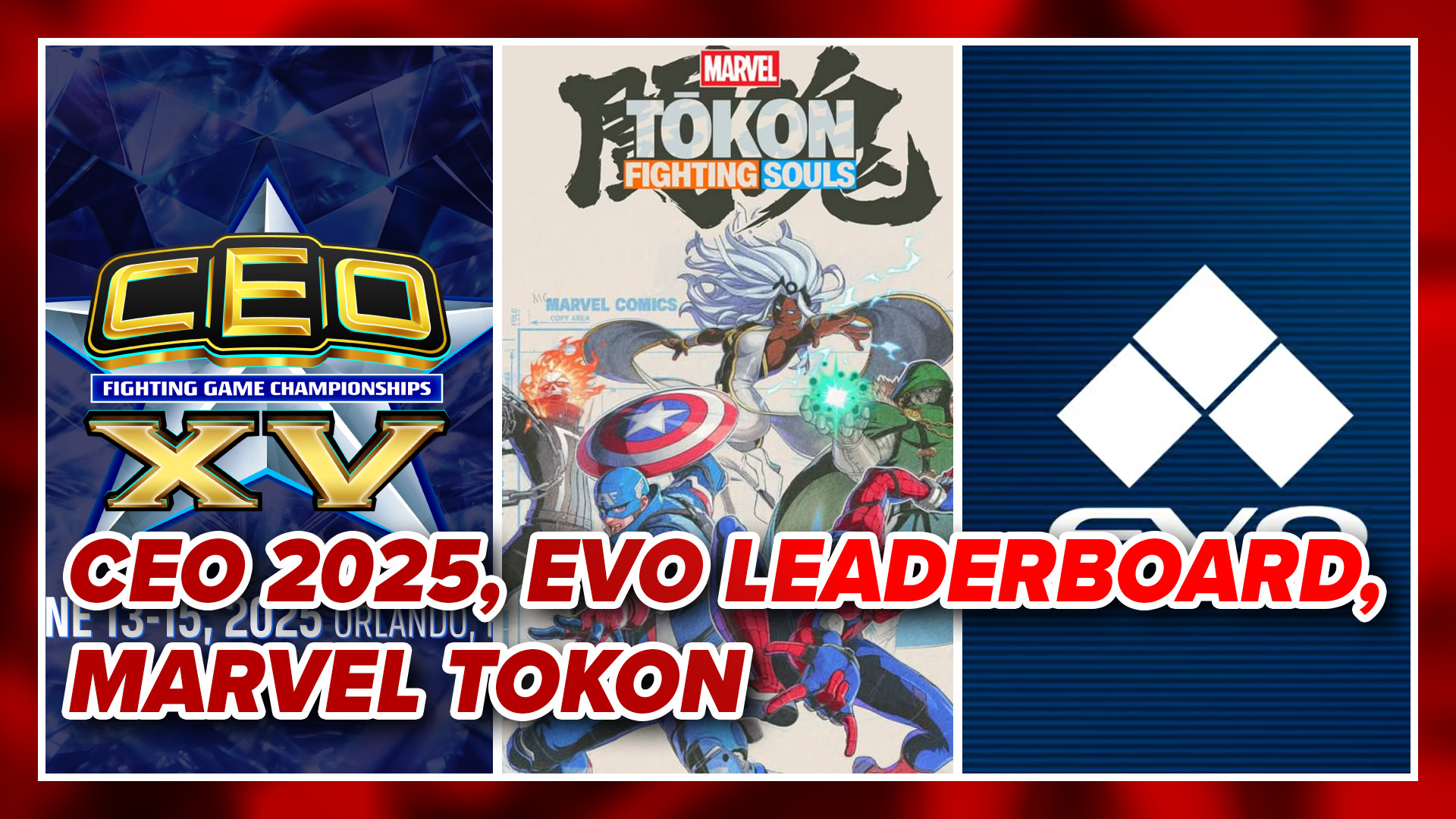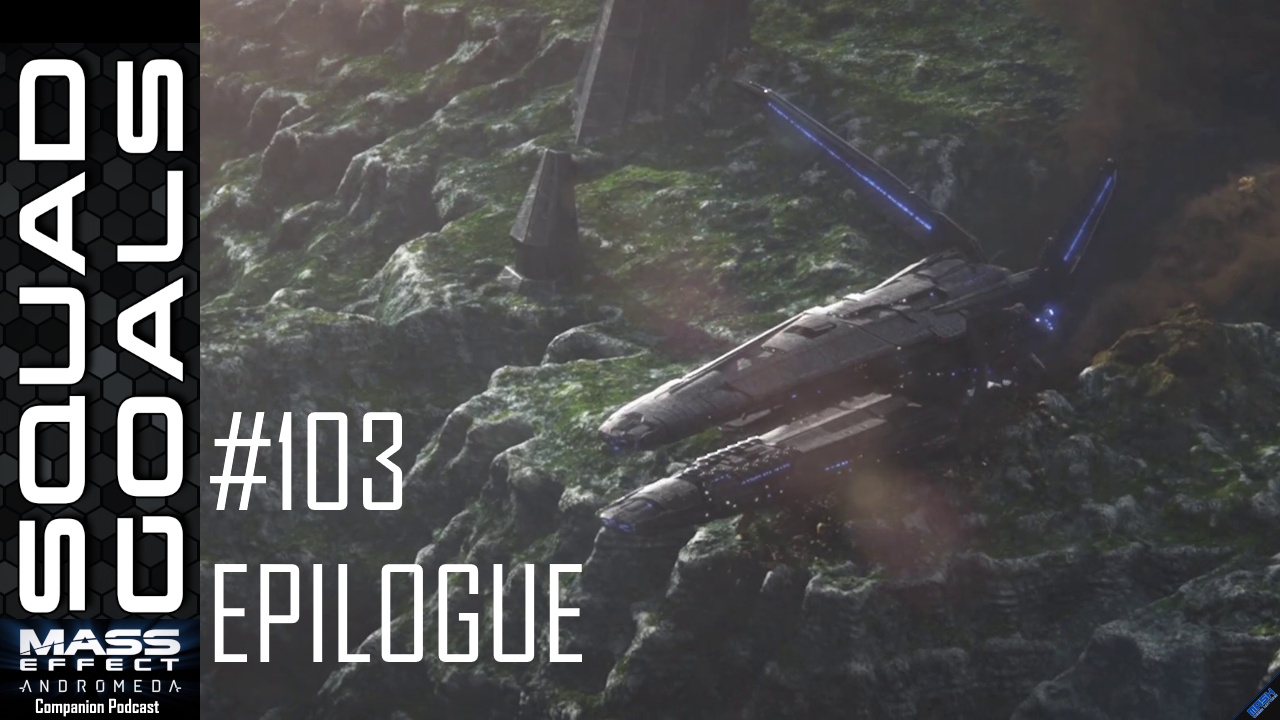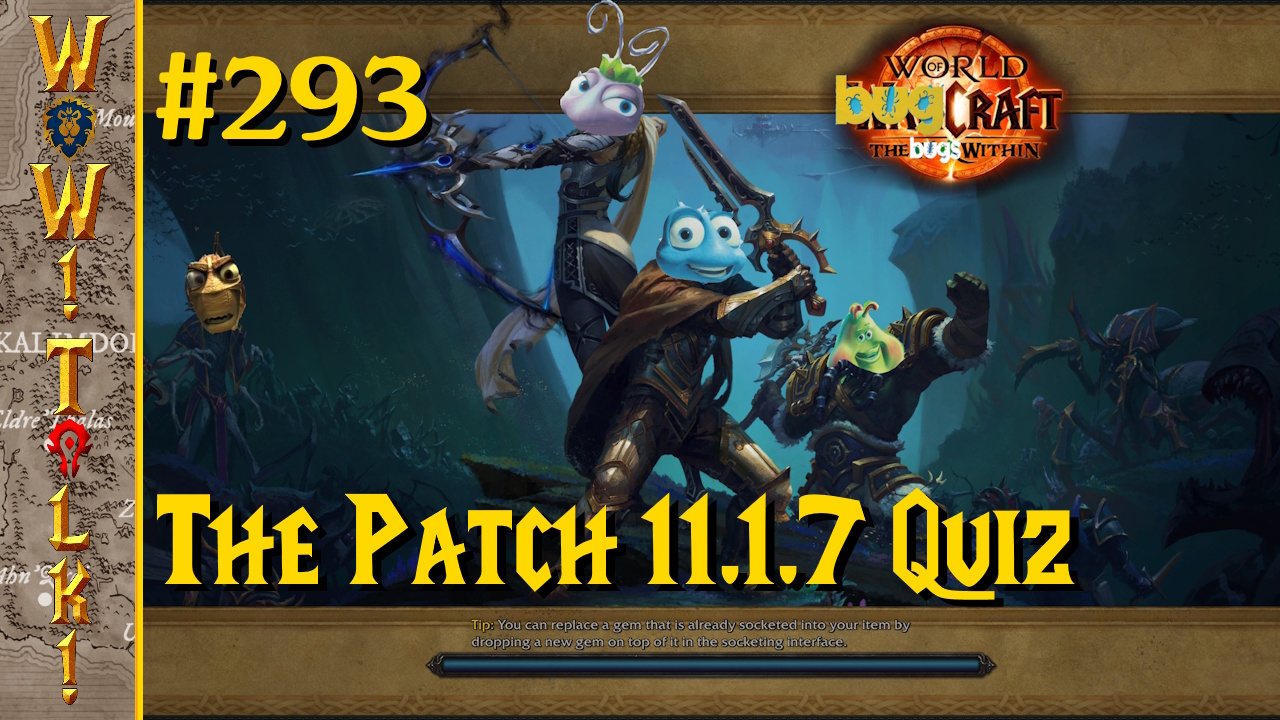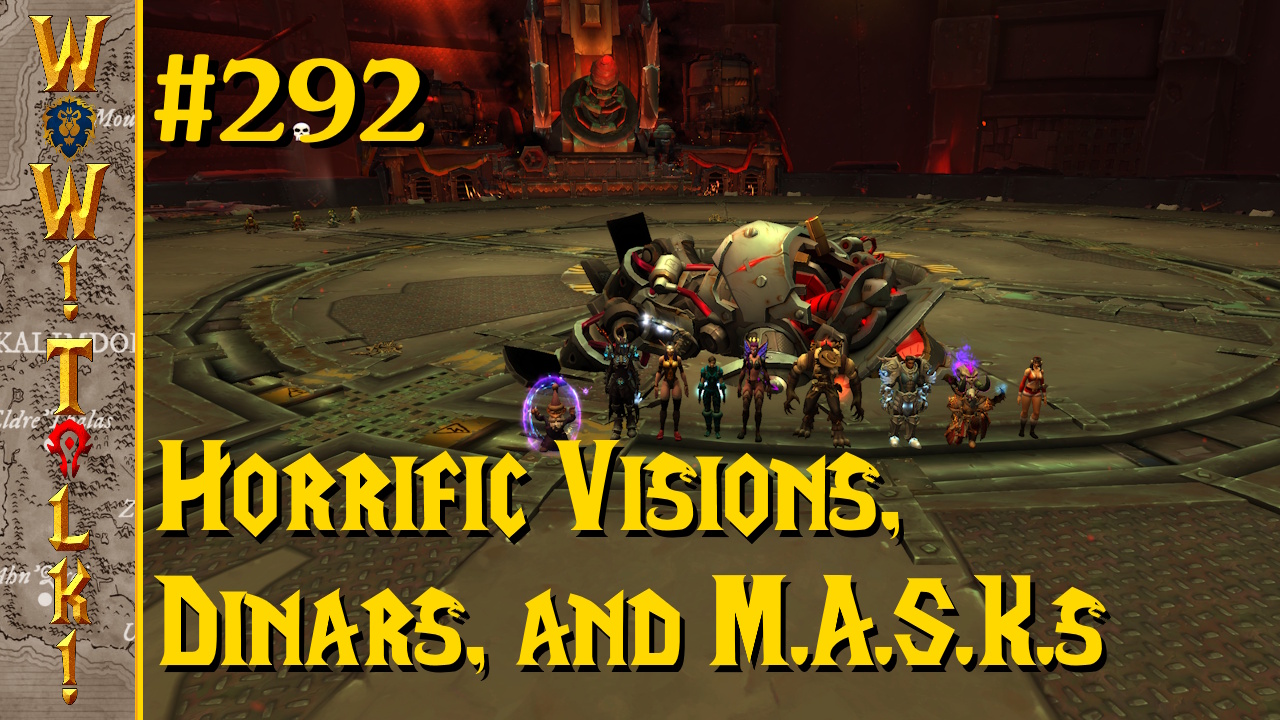For many people, sixty dollars is literally a brick wall between them and making a video game purchase. That’s two weeks’ worth of gas in my car, about a week and a half of groceries, half my month’s power bill, or a good chunk of my month’s rent. I need really good justification that I’m spending my money in the right place; and with some of the game’s I’ve played for that price, I don’t often get it. It’s made me wary about my purchases, which has kept me from supporting a lot of the weird, quirky games I love so much.
Sometimes, though, sanity prevails. I’m pretty sure you’re familiar with Katamari Damacy. You roll around a huge, sticky ball, collecting progressively larger things until your time limit expires. Even for a few years ago, well before the current homogenization epidemic we see in modern games, it was weird. At full retail price, there is almost no way that anyone would have bought it. In a rare instance, intelligence prevailed, and the game released at a mere twenty bucks. I’m more than willing to drop twenty dollars on the most idiotic forms of entertainment; and I love strange games, so I picked it up.
This kind of realization that certain games aren’t worth sixty dollars is nothing new to gamers, but it’s rare thinking from many studios out there. Did the guys behind Neverdead really think that they had a Call of Duty killer on their hands? Did they really believe that their product was of such quality that people would easily equate it with the current polished, popular shooter? If they did notice that, why didn’t they do anything about it? Why not release it at a lower price just to bring more sales on board?

This isn’t news to anyone, but some games just aren’t worth sixty bucks. The people behind Deadly Premonition sure seemed to know it when they released their game at thirty dollars. It became a cult classic almost overnight; with many people taking the plunge just to see what was going on with the quirky game. I imagine that few people argued that they didn’t get their money’s worth.
Deadly Premonition would have been an absolute nightmare to sell at sixty dollars. With its sub-par graphics, wonky combat, and weird story, I think it would have driven many people away. Who could have justified spending all that money on it? Thirty dollars helped it hit that certain sweet spot, where people came in with low expectations of the graphics and gameplay, and were able to truly enjoy the experience because of it. I came into that game expecting it to be bad, and when it’s story and message turned out to be amazing, I was floored.
You see this kind of thinking in a couple of other places, too. Look at the indie horror game, Home (Seriously, go look at it. I’m going to be looking at it in-depth as soon as I can). It’s two dollars. Two. I waste more than that on a decent cheeseburger. Many indie developers, despite sweating over these games for years, know that the end product will not sell well for sixty dollars. Many of them charge even less than the price of an Xbox Live Arcade game, giving you incredible gameplay for a few bucks. I don’t know about you, but there is almost nothing I won’t take a chance on if it costs less than five or ten dollars.

How about GOG or Steam sales? You routinely see high-quality games put out for ridiculous prices on both services. Between them both, I’ve bought handfuls of games I barely even want to play, just in case I ever get an inclination to. Is there even one sixty dollar game I’ve bought on such a whim? I bought some of them just because I wanted the people behind them to have more of my money. I want these people to have my support so they can make even more quality games, or for them to know that there is still interest in certain styles of gameplay. I can afford to make a statement with my purchases, and help out developers I like, with this kind of pricing.
Used game (my old, dear friends) work on this principle as well. I’ve found a lot of my favorite franchises because of the cheap games I used to find at flea markets and in pawn shops when I was a kid. Getting Super C at a flea market and finding Mega Man 2 at a pawn shop were some of the defining finds of my gaming career; setting me up to spend big money on the later work of their developers. It may not have put money in the developer’s pockets from the start, but it did set things up so that I was a day-one buyer for many of their products down the road. I doubt I would have otherwise, as spending sixty dollars (or several months of my allowance) on an unproven game had burned me pretty bad before. Yo, Noid!, anyone?
Realizing that you don’t necessarily have something worth sixty dollars on your hands can only help. I know that it’s tempting to try to recoup some of the costs of game development by charging the full price, but people are wary about spending that kind of money. Knight’s Contract, a game that few people actually liked besides me, wasn’t worth its entry price to many people, and it tanked. Now, I thought it was fun and innovative; taking the misery of protection missions and using them to create an interesting way to play an action game, but who else was willing to try it? A game about protection missions for sixty dollars? Nope. No one was going to buy that.

What if it had come out for forty or thirty, though, like Deadly Premonition? The wariness behind the purchase dies down a little bit, and then the idea shifts from being insane to quirky. Maybe a game about protecting someone doesn’t sound so bad when you only have to spend a little bit of money on it. Again, look to some other, cheaper games. A game where you play as petals blowing on the wind would not sell for sixty dollars, but it sounds refreshing and interesting when you only charge around ten dollars for it. I doubt there would have been many people lining up to buy Dear Esther, or Journey, or the original Portal if they’d started out at full retail price.
It almost seems self-explanatory to say that these digitally distributed releases should be cheaper, but look at many of Microsoft’s digital releases, or the problems the PSP GO had. Releasing digital copies cheaper isn’t something that a lot of companies are thinking of, for whatever reason. Xbox Live and Playstation Network game developers realize the benefits behind being able to assign a price based on your product’s comparative quality to big budget games is only helping them. Hopefully, we’ll start seeing some of that thinking trickling into some of their larger releases.
Digitally distributed games aren’t the only place that will benefit from publishers putting out games for appropriate prices. Looking at your product and pricing it according to its quality will help it get into as many hands as possible. It erodes the fear that keeps people from trying out new things, and also helps set the expectation bar before the player starts the game. People are a lot less likely to pick your game apart for its flaws when they haven’t spent a lot of money on it, and it could be just the thing to get your strange ideas to spread. Also, if your game is cheap, more people are likely to buy it, and you can make up for lost funds by selling volume.

We all win by better pricing. Gamers know what quality to attach to what dollar value, and there is no way you can fool them about it. With reviews springing up all over the internet the second a game is available, there’s no way you can hide something with lower quality any more. Meet your customers halfway with some decent prices; show them that you realize your product isn’t quite ready to tangle with the big boys yet, and they’ll probably still play it. Make it easy for them to want to play it, or to afford to play it. Your next game might be a fantastic one, and with the trust and player base you’ve built up with that cheaper game, you might really have a hit on your hands.
I know I’d spend sixty bucks on Deadly Premonition 2, after all.
Images courtesy of gamingbolt.com, gamezone.com, gamerinvestments.com, gimmgp.wordpress.com





